‘Television is a medium of entertainment which permits millions of people to listen to the same joke at the same time, and yet remain lonesome.’
-T. S. Eliot
World Television Day is celebrated on November 21st each year to recognize the impact and importance of television in our lives. Television has been a groundbreaking medium that has shaped the way we receive and consume information, entertainment, and culture. Television has been instrumental in forming communities, swaying public opinion, and promoting cross-cultural understanding because of its worldwide reach and capacity to unite people.
Since its invention, television has advanced significantly, and its development has been nothing short of amazing. Although the idea of sending moving pictures and sounds over the airways was first proposed in the late 1800s, television did not become a widely used and widely accessible medium until the middle of the 1900s. The year 1936 saw the debut of live television, which signaled the start of a revolutionary era in entertainment and communication.
In the early days, television was a luxury that only a few could afford. The black-and-white screens were small, and the programming was limited. However, as technology advanced and production techniques improved, television became more affordable and accessible to the masses. When color television first came out in the 1950s, watching took on a whole new meaning. We saw the switch from analog to digital television throughout the years, which resulted in better picture and sound quality as well as more stations to choose from.
Television has been a powerful tool for education and information dissemination. News programs have played a vital role in informing the public about local, national, and global events. The ability to watch news as it happens has transformed the way we receive information, making it more immediate and engaging. Television has brought us iconic moments like the moon landing, presidential inaugurations, and breaking news from around the world. It has allowed us to witness history as it unfolds and has connected us to the people and places where these events occur.
In addition, television has contributed to cultural enrichment and amusement. It has given us enduringly popular shows and series that have influenced popular culture. From beloved television shows like “I Love Lucy” and “The Twilight Zone” to popular modern shows like “Game of Thrones” and “Stranger Things,” television has the ability to enthrall and take us to new places. It has given gifted performers, playwrights, and directors a stage on which to display their originality and skill.
Television has produced a new genre of its own: reality TV, in addition to written programs. Engaging viewers with real people and their stories, shows like “Survivor,” “The Bachelor,” and “The Great British Bake Off” have become international sensations. In addition to providing entertainment, reality TV has sparked debate on the morality and veracity of television programming.
Television has also played a significant role in the sports world. It has allowed fans to follow their favorite teams and athletes, bringing live sporting events into the living rooms of millions. The Super Bowl, the Olympics, the World Cup, and other major sporting events have become cultural phenomena, with viewers around the world tuning in to watch and cheer for their teams. The ability to watch sports on television has not only enhanced the fan experience but has also contributed to the globalization of sports.
Television has a significant influence on marketing and advertising in addition to providing information and pleasure. The emergence of commercial television presented a chance for companies to connect with a large audience. Television commercials are now an essential component of shows, and they have a big influence on consumer choices and economic expansion. Companies have used television advertising as a potent tool to market their goods and interact with potential clients.
Television has also played a role in shaping political landscapes. Political campaigns have leveraged the medium to reach voters and convey their messages. Presidential debates, political advertisements, and news coverage of elections have all had a significant impact on the political discourse. Television has the power to influence public opinion and shape the outcome of elections, making it a vital tool in the democratic process.
Television has become a bridge across cultures and nations due to its global reach. It has played a significant role in advancing tolerance and building intercultural understanding. International news coverage, documentaries, and cultural exchange programs have allowed people to learn about different societies, traditions, and viewpoints. Television has the ability to break down stereotypes and prejudices by presenting a more nuanced and authentic view of the world.
Additionally, important to public safety and catastrophe response has been television. In times of natural catastrophes, public health emergencies, and other emergencies, information and instructions provided by emergency broadcasts and warnings have saved many lives. Television’s immediate nature can be a lifesaver in emergency situations since it fosters community cohesion and support.
Despite all the advancements, television faces challenges and criticisms. Concerns about the impact of excessive screen time on physical and mental health, as well as the spread of misinformation through the medium, have raised important questions about its role in society. However, these challenges also underscore the responsibility of broadcasters and regulators to ensure that television continues to be a force for good.
World Television Day provides a chance to recognize the enormous influence that television has had on culture, society, and our perception of the world. Television has come a long way from its modest origins as a novelty to its status as a pervasive and powerful medium. Our world has been affected by it in ways that we frequently take for granted, from entertaining us with engrossing stories to educating us about current affairs.
Written by: Rtr. Windya Madushani
Graphic design by: Rtr. Nilakshi Nethmini

0 Comments